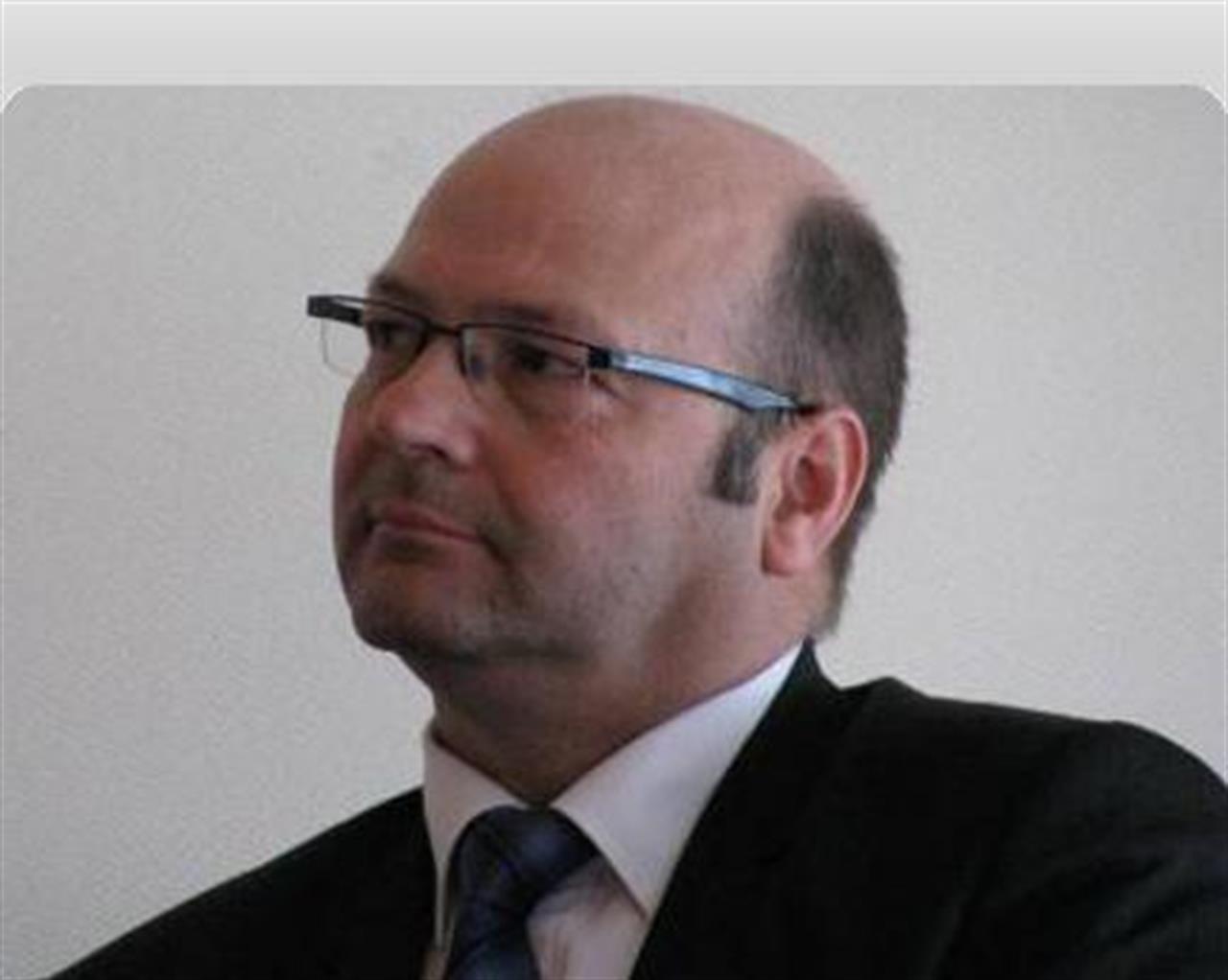Non profit
Social economy takes centre stage
France’s social economy prepares for a month of celebrations

Anticipating November’s celebration of the social economy France’s newly enacted High Council for the Social and Solidarity Economy met for the first time on October 26.
“The social and solidarity economy represents a chance for our future,” said Marc-Phillippe Daubresse, French Minister of Youth and Active Solidarity and chair of the first meeting, joined by the French Minister Laurent Wauquiez.
The two Ministers outlined the role of the council. First on the agenda will be the creation of a social enterprise label. The council will also look to form a commission on France’s social economy in relation to Europe and look at new ways to finance the sector.
The council was first proposed in a report on the social economy commissioned by the Deputy Francis Vercamer, published last April, that made 50 propositions to the government on how to develop the sector.
Vercamer says, “the [third] sector must have the same laws and the same responsibilities as the other sectors.”
The Month of the Social and Solidarity Economy is organized by two national social economy government bodies the Chambres Régionales l’Economie Sociale et Solidaire (CRESS) and the Conceil National des Chambres Régonales d’Economie Social (CNCRE). President of the CNCRE Jean-Louis Cabrespines says, “this is an occasion to reaffirm the
importance of the social and solidarity economy in the life of our country.”
Over 1,000 events across France have been organised. Those behind the events say that they hope a month focused on the social economy will promote and mobilize the sector and its actors. It is an occasion to increase public awareness and to inform the public about an alternative way to view the economy.
According to Le Monde, as France wades its way through turmoil and social upheaval the social economy is emerging as a new force to take on social challenges and also to create jobs.
Government statistics estimate that two million citizens or ten per cent of the French working population are employed by the social economy and it makes up seven to eight per cent of the GDP.
Si può usare la Carta docente per abbonarsi a VITA?
Certo che sì! Basta emettere un buono sulla piattaforma del ministero del valore dell’abbonamento che si intende acquistare (1 anno carta + digital a 80€ o 1 anno digital a 60€) e inviarci il codice del buono a abbonamenti@vita.it
